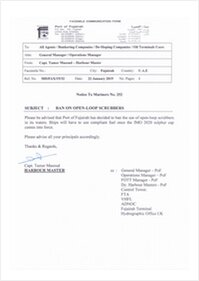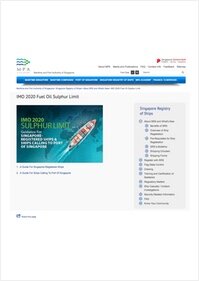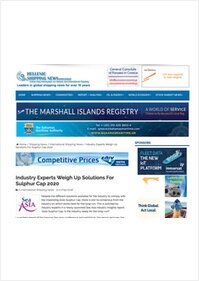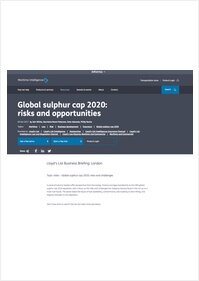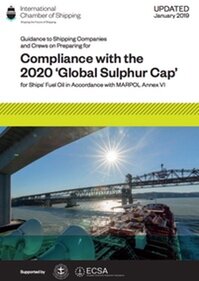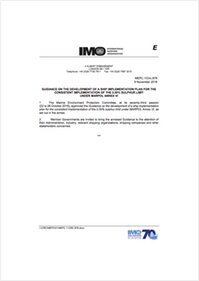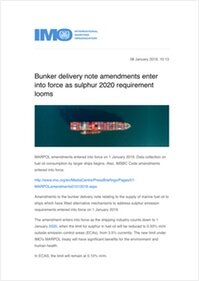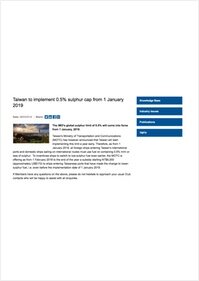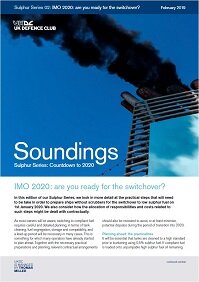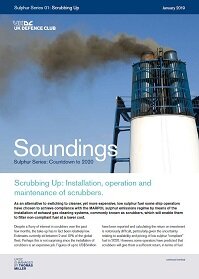IMO 2020 Sulphur Cap
As of 1st January, 2020, amendments to MARPOL brought in a global sulphur cap of 0.50%. This regulatory change, although undoubtedly a positive one for the marine environment, has nevertheless brought with it significant commercial, financial, legal and practical implications for owners and charterers alike.
In this dedicated section of our website, we offer a series of focused bulletins as well as resources and external industry guidance for the benefit of our Members.
Drafting considerations
In the lead-up to 2020, owners and charterers alike sought to implement practical and contractual measures in time for the implementation of the sulphur cap on 1st January, 2020 and the carriage ban on 1st March, 2020.
Although the transition clauses issued by BIMCO are not of on-going relevance, Members are reminded to consider the incorporation of appropriate clauses relating to sulphur content and other relevant matters when drafting new charterparties. See our commentaries on the BIMCO IMO 2020 clauses and, in the context of voyage charters, bunker pricing clauses.
Bunker quality and compliance
With fuel regularly being found to have sulphur contents only marginally above the 0.50% cap, a common and often complex debate that has arisen, and continues to arise, is whether there a margin for error.
Aside from sulphur content, many of the quality issues associated with VLSFO that were anticipated at the outset of 2020 have indeed come to the fore. In particular, we have seen a number of cases involving high sediment content (TSP), as well as low flash point, excess cat fines and presence of unidentified contaminants. There have been incidences, for example, of jet fuel (surplus during the pandemic) being used in bunkers, with potentially volatile results. Owners have also encountered issues with the incorrect use of lube oils with the new types of fuel.
Although many of the teething problems with the new fuel appear to have settled down, there continues to be a steady stream of fuel quality issues which seems likely to continue for the short term at least, given the relatively volatile and varied nature of low sulphur fuel.
For detailed guidance to dealing with fuel quality claims, please see our comprehensive Guide to Bunker Claims. The Club can also provide Members with up to date reports on bunker quality and availability.
Scrubbers
Finally, although the uptake of scrubbers as an alternative to using VLSFO has been relatively low, and may remain so in light of the narrowing price difference between VLSFO and HSFO, we remind readers of our commentary on the issues associated with scrubbers which considers some of the contractual considerations and practical pitfalls involved.
Whilst it is hoped that many of the disputes relating to the IMO sulphur cap will continue to tail off as problems with new fuels are ironed out and parties now have the appropriate contractual and technological framework in place, if issues do arise, Members are invited to contact the Club for further guidance and support.
Displaying results 21 to 30 out of 33
- « Previous
- 1
- 2
- 3
- 4
- Next »
Displaying results 21 to 30 out of 33
- « Previous
- 1
- 2
- 3
- 4
- Next »
